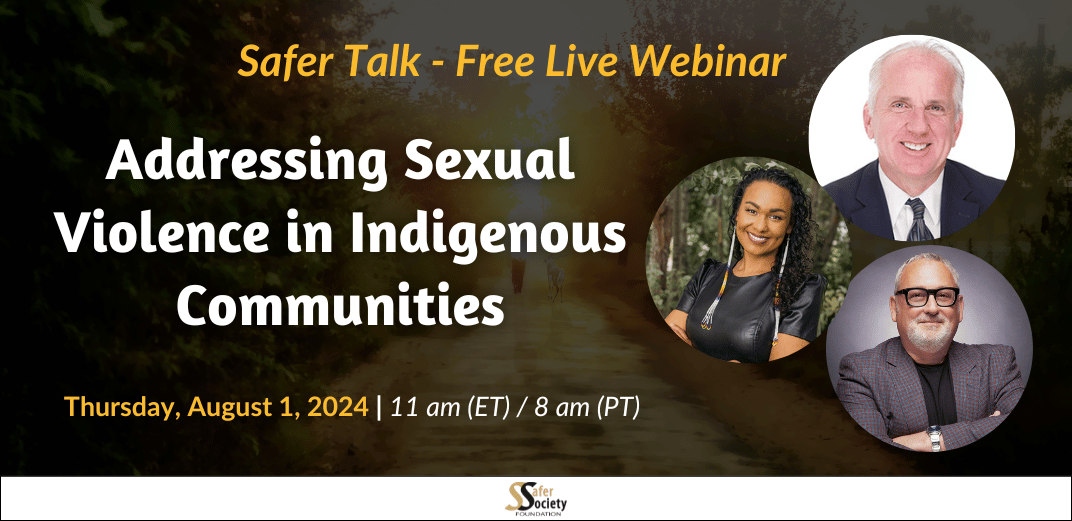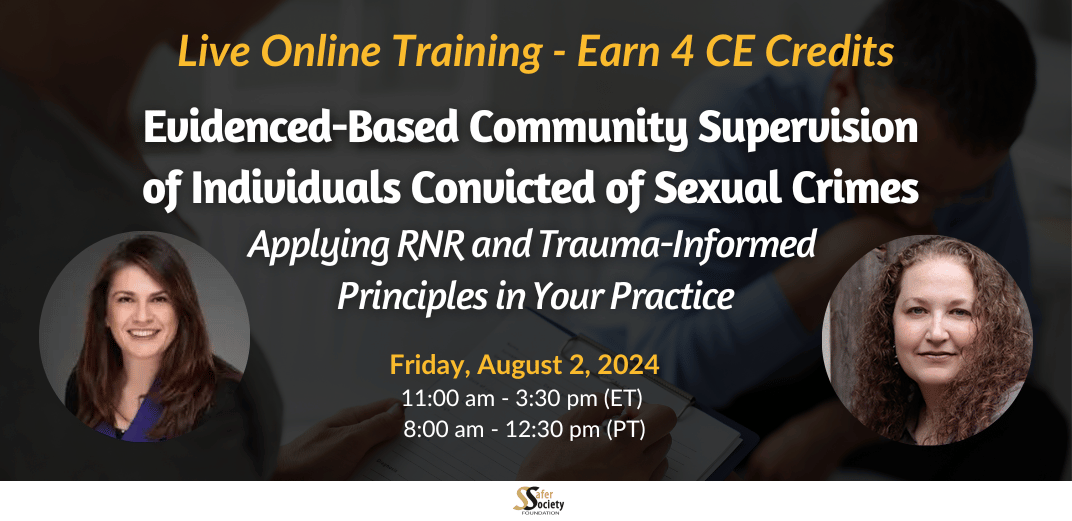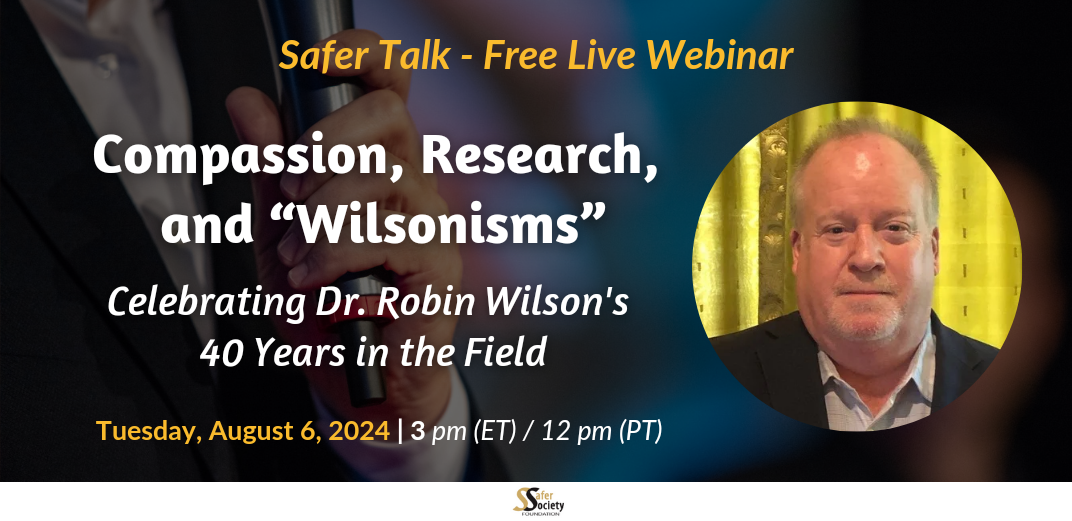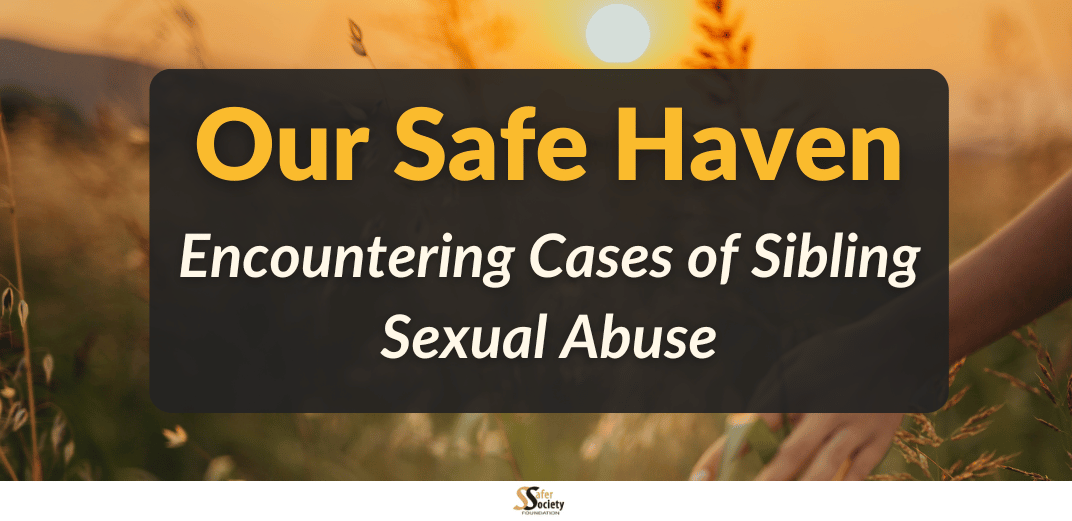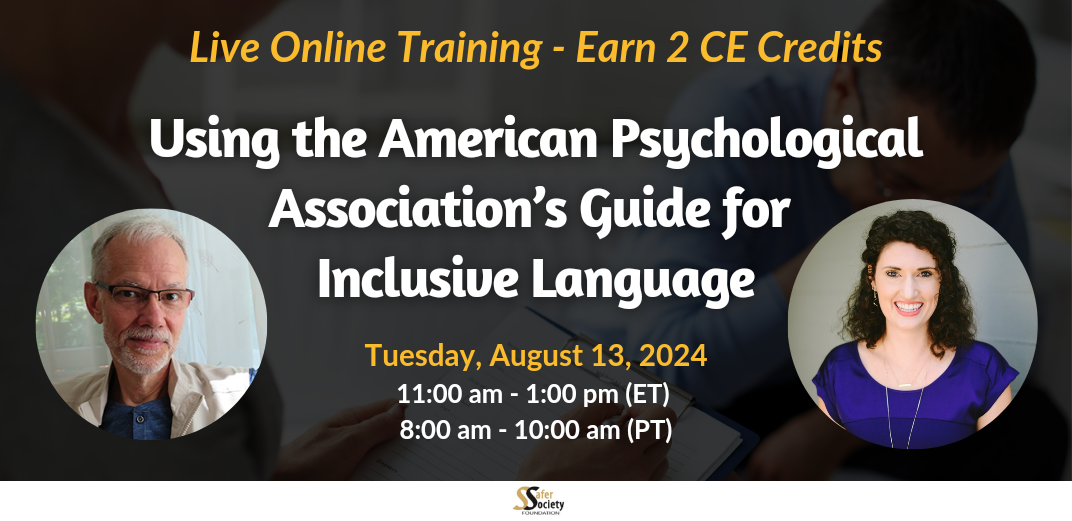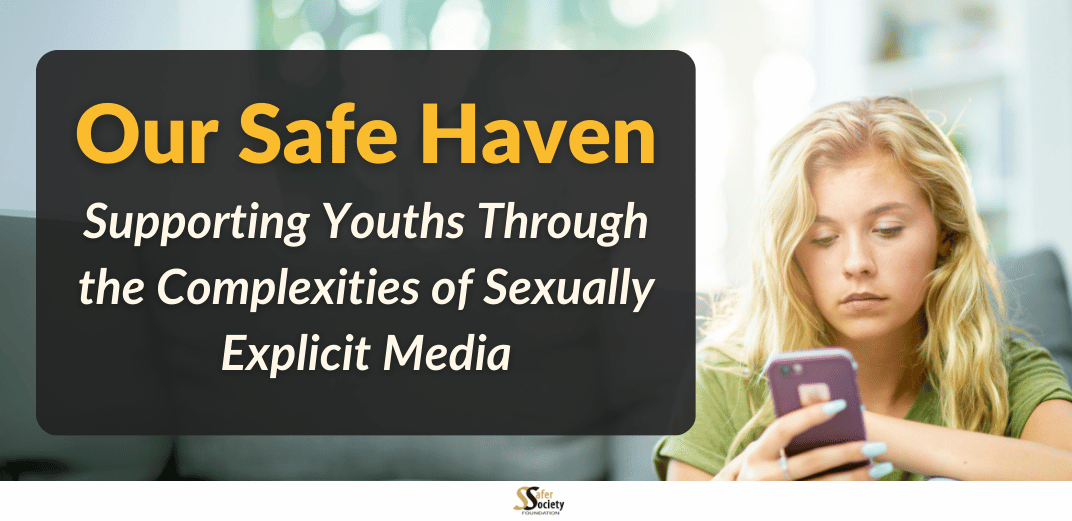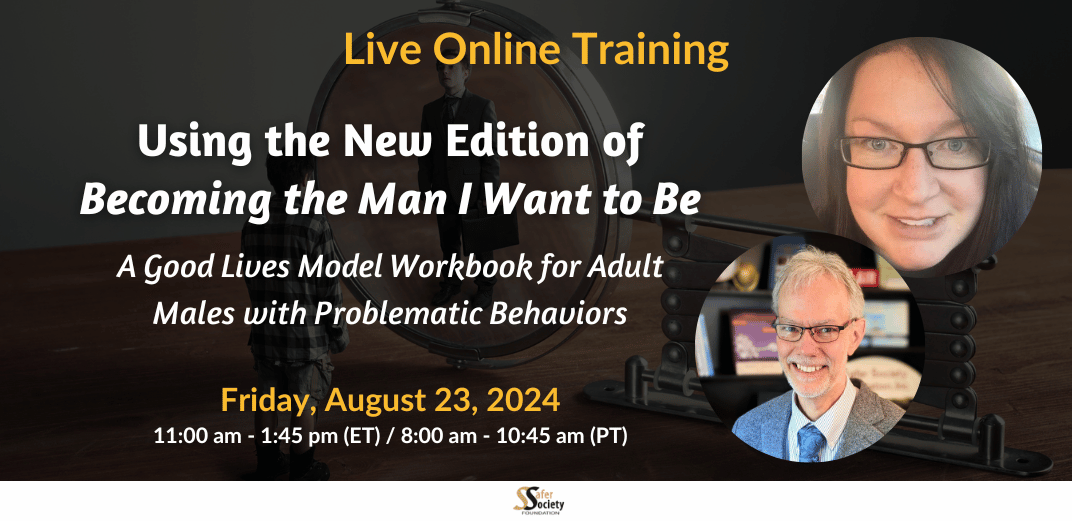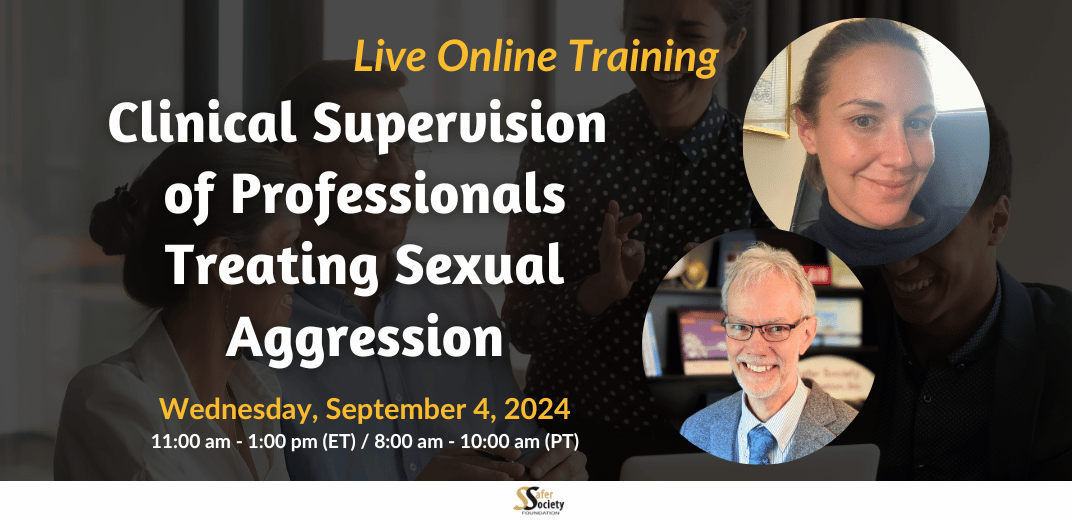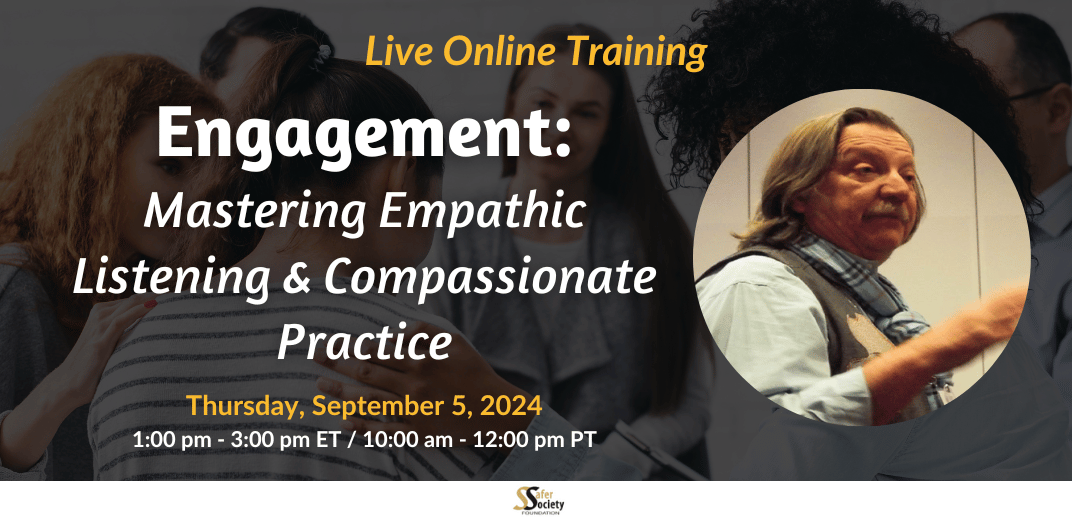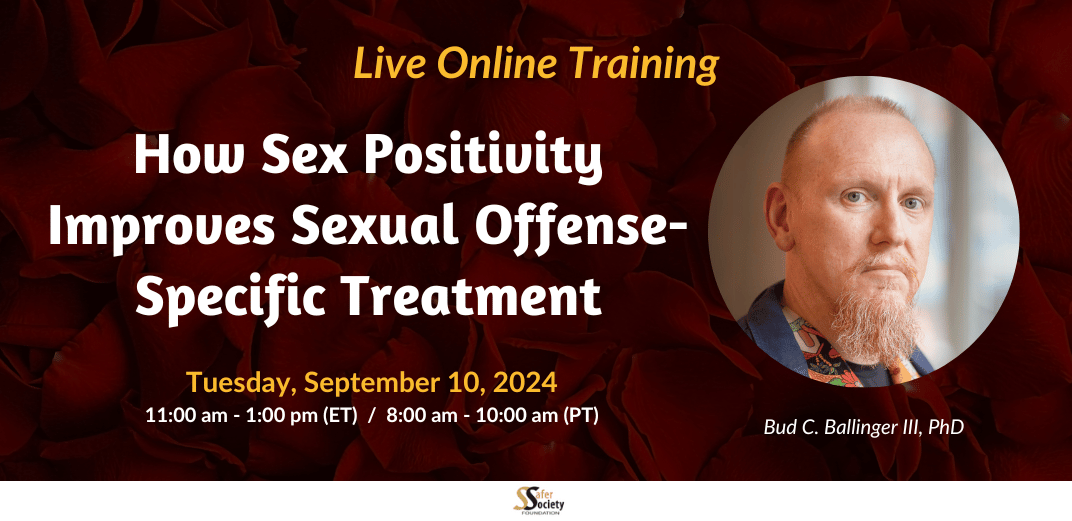Addressing Sexual Violence in Indigenous Communities
This free webinar addresses colonization and historical trauma experienced by Native American and First Nations peoples. It offers innovative strategies for incorporating this knowledge into prevention and intervention efforts. The speakers emphasize the need for non-Indigenous practitioners to approach their work from a decolonizing and trauma-informed perspective. Additionally, the speakers encourage participants to explore the idea of incorporating traditional cultural healing practices into their professional practice and collaborating with Indigenous spiritual advisors and elders. The open-dialogue format ensures that all perspectives are welcomed and respected.
Tasha Mousseau, the Chief Officer of Advancement and Tribal Relations at Friends of the Children, shares her perspective based on her Wichita, Kiowa, and Caddo heritage. Her work focuses on supporting Indigenous communities, with a particular focus on supporting youths and fostering community growth.
Chris Lobanov-Rostovsky and Dr. Lawrence Ellerby contribute their experiences as allies dedicated to supporting Indigenous people and communities in preventing sexual offenses and re-offenses.
Join us for this conversation on addressing sexual violence in Native American and First Nations communities, where we’ll explore culturally responsive approaches to healing and prevention.

